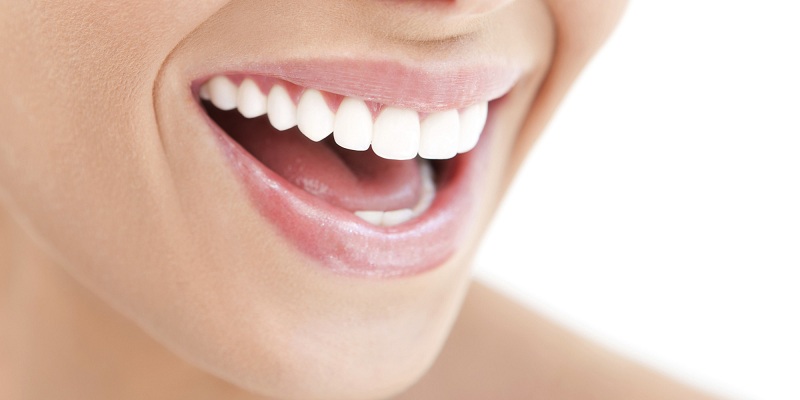Caring for the restorations ensures a long-term, secure, and beautiful smile. Highlighted below are some tips to consider while caring for your dental implants Georgetown-based.
Brush Daily
Brush the dental implants as you would do to your teeth. A toothbrush with soft bristles facilitates thorough brushing that guarantees the recommended oral hygiene. Brushing your implants twice a day facilitates increased oral health. It also helps remove bacteria and food particles that accumulate on the implants, causing inflammation of gum tissue.
Purchase the right size toothbrush that reaches the dental crown area. Toothbrush options include manual and electric models. Regardless of the model you choose, consider a softer brush head.
Floss Daily
This helps to maintain healthy dental implants. Observing the recommended oral hygiene ensures the gum tissue around which the implants sit is not exposed to natural decay predisposing factors. Care should be practiced when doing this to prevent injuries to the sensitive gum tissues.
Flossing routinely between the implants helps keep bacteria at bay. Unwaxed models are highly recommended for the protection of areas around the implant. If inflammation arises, an antimicrobial mouth rinse comes in handy.
Oral Irrigator
Using a water flosser is comparable to a brushing and flossing combo. Patients often prefer this as it significantly reduces bleeding problems. Water flossing serves to reduce mucositis severity. The hydrodynamic water attributes ensure it reaches areas around the implants where no other device can.
An oral irrigator with a designer tip directs the water well to the areas under and those surrounding the implant. The dental implants Cedar Park tips are specialized to facilitate the delivery of antimicrobial rinse in difficult-to-reach areas. For the best results, combine this routine oral hygiene with a non-antimicrobial rinse. If successfully done each day, the routine practice is helpful in the prevention of gum inflammation.
Stimulators
Stimulators work well with regenerative methods and implants. A keratinized tissue with good health promotes the healthy nature of the mucosal implant surrounding it. Practice a home care routine by incorporating an antimicrobial mouth rinse with a water irrigator twice daily.
For detachable prostheses, use a specialized denture cleaner to prevent the accumulation of plaque and bacteria inside the overdenture. If this happens, the wearing of the attachments is bound to occur, leading to oral health complications. Patients are educated on how to conduct a visual inspection for the attachments and the significance of such for retention. Replace missing or worn-out attachments.
Polishing
Polishing helps in plaque removal. Always consider the use of brushes with soft tips while performing this delicate operation. Make use of the non-abrasive paste to polish the prosthesis. You can also incorporate an antibacterial solution into the polishing method for efficient results.
Professional Hygiene Care
Brushing implants does not necessarily guarantee their longevity. Routine intensive care is necessary as implants are subject to external attacks due to the lack of inherent defense mechanism protection.
Losses of implants and the failure of prostheses are bound to occur with time if precautions are ignored. Set a regular date with a professional for your dental implant care. Once a complication regarding your dental implant arises, immediate action is taken to minimize the implant failure.
Monitoring and constant maintenance of dental implants helps improve the patient’s oral health. Routine home care, as well as professional care, facilitates long-term success for such implants.












